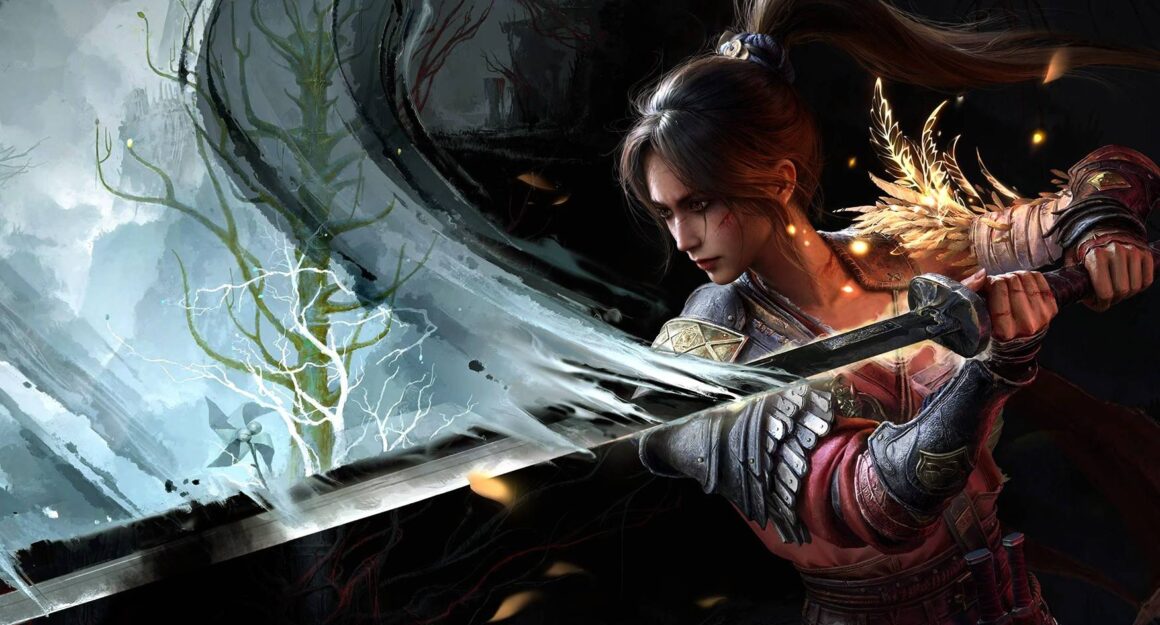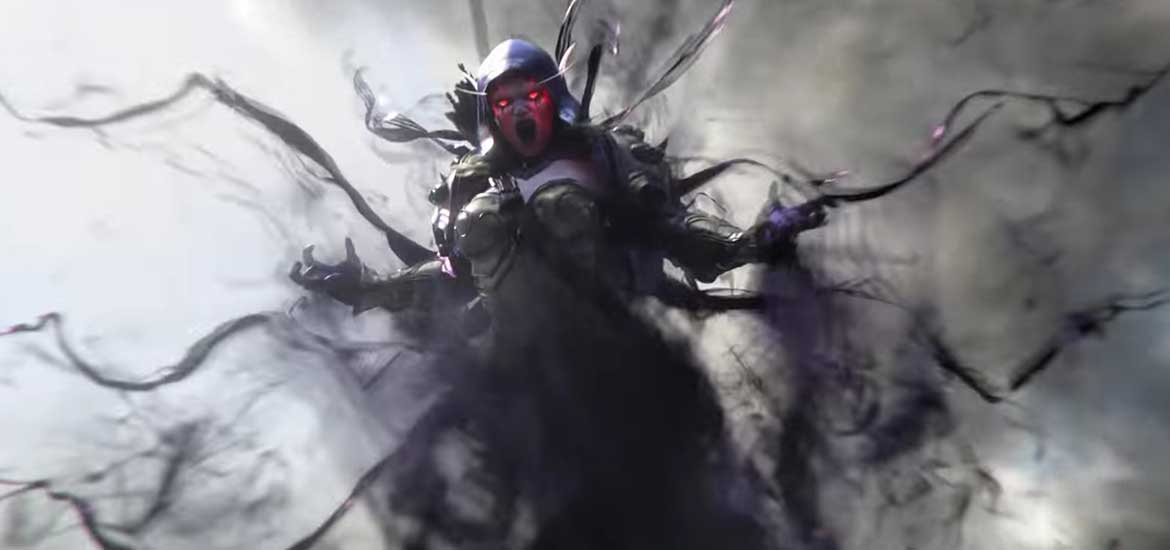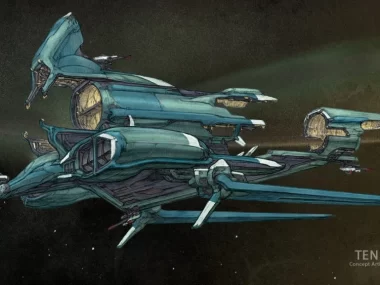Wuchang: Fallen Feathers is the latest Soulslike to hit the market. Unfortunately, it’s also the latest game to ship with a buggy, undercooked PC port. At launch, the game was riddled with graphical and performance issues affecting less powerful hardware. This led to a “Mostly Negative” review rating on Steam and plenty of angry players demanding answers.
To their credit, developer Leenzee Games and publisher 505 Games moved fast. Just two days after release, they dropped Patch 1.3, which addressed many of the performance and stability problems. It added memory-saving features for lower-end GPUs, reined in supersampling issues, and even handed out the game’s soundtrack for free. The patch also fixed a broken landmine section and allowed players to finally claim their pre-order bonuses.
As helpful as the patch was, it doesn’t erase the fact that Wuchang shipped in a clearly unfinished state. And the bigger question lingers: why are games like this launching in the first place?
Why Games Launch Broken
Wuchang’s launch problems are just the latest entry in a long list. From Cyberpunk 2077 to Street Fighter V, players have been here before. The outrage flares up, developers apologize, patches roll out. Then it happens all over again with the next big release.
It’s not as simple as blaming it on bad planning or incompetence. There’s a deeper, structural issue at play here.
Deadline Pressure and Crunch Culture
Developers are often racing against release dates set by publishers. These deadlines leave little room for polishing or optimization. To meet them, teams go into “crunch mode,” working long hours and weekends under brutal conditions, often still failing to ship a clean product.
The Iron Triangle Trap
Game development juggles three major constraints: scope, budget, and schedule. When time is short, something has to give and too often, it’s quality. Features get cut, bugs go unfixed, and performance takes a hit. This results in a messy launch and a hope that patches will clean it up later.
Market Timing and Financial Pressure
Release dates are tied to market cycles, quarterly earnings, and investor expectations. Missing one can mean losing holiday sales, failing to beat a competitor to market, or breaking a publisher contract. Even if a game isn’t ready, it gets shoved out the door.
The Patch Culture Loophole
Post-launch patches have become the safety net. Publishers know they can release a game in rough shape and fix it later. This creates a dangerous incentive to ship now, patch later, and let the early adopters be the guinea pigs.
Gamers Are Getting Tired of Being Beta Testers
Wuchang isn’t the first game to launch broken, and it won’t be the last. For years now, players have seen titles released in buggy, incomplete conditions that sometimes made them borderline-unplayable. The industry has normalized it and developers know the promise of a “quick patch” will soften the blow. Because they know many gamers will still show up on day one, bugs and all.
It’s a strategy that works. Despite the backlash, Wuchang was a top-seller on Steam at launch. The Soulslike genre has always been popular, and curiosity (or lack of better options) helped drive strong early sales. However, the review bombing shows that players are tired of being beta testers. They’re frustrated and they’re starting to push back with their wallets and Steam reviews.
The problem is getting developers and publishers to actually listen.
What Needs to Change?
The industry needs to rethink what success looks like. A game that launches stable and polished is more valuable than one that ships broken and gets patched into shape later. Even if it arrives a little late, developers should be empowered to delay releases without fearing financial fallout. Publishers need to stop viewing “launch day” as the only thing that matters.
Meanwhile, players need to keep the pressure on. Review bombs and refund requests are one of the few tools the community has to signal dissatisfaction in a way publishers can’t ignore.
Wuchang: Fallen Feathers isn’t a bad game, just a rushed one. That’s a distinction that’s become far too common in modern gaming. Until the industry starts prioritizing polish over punctuality, players will keep paying the price for half-baked launches. The good news is that more gamers are saying enough is enough. Maybe one day, the industry will start listening.






